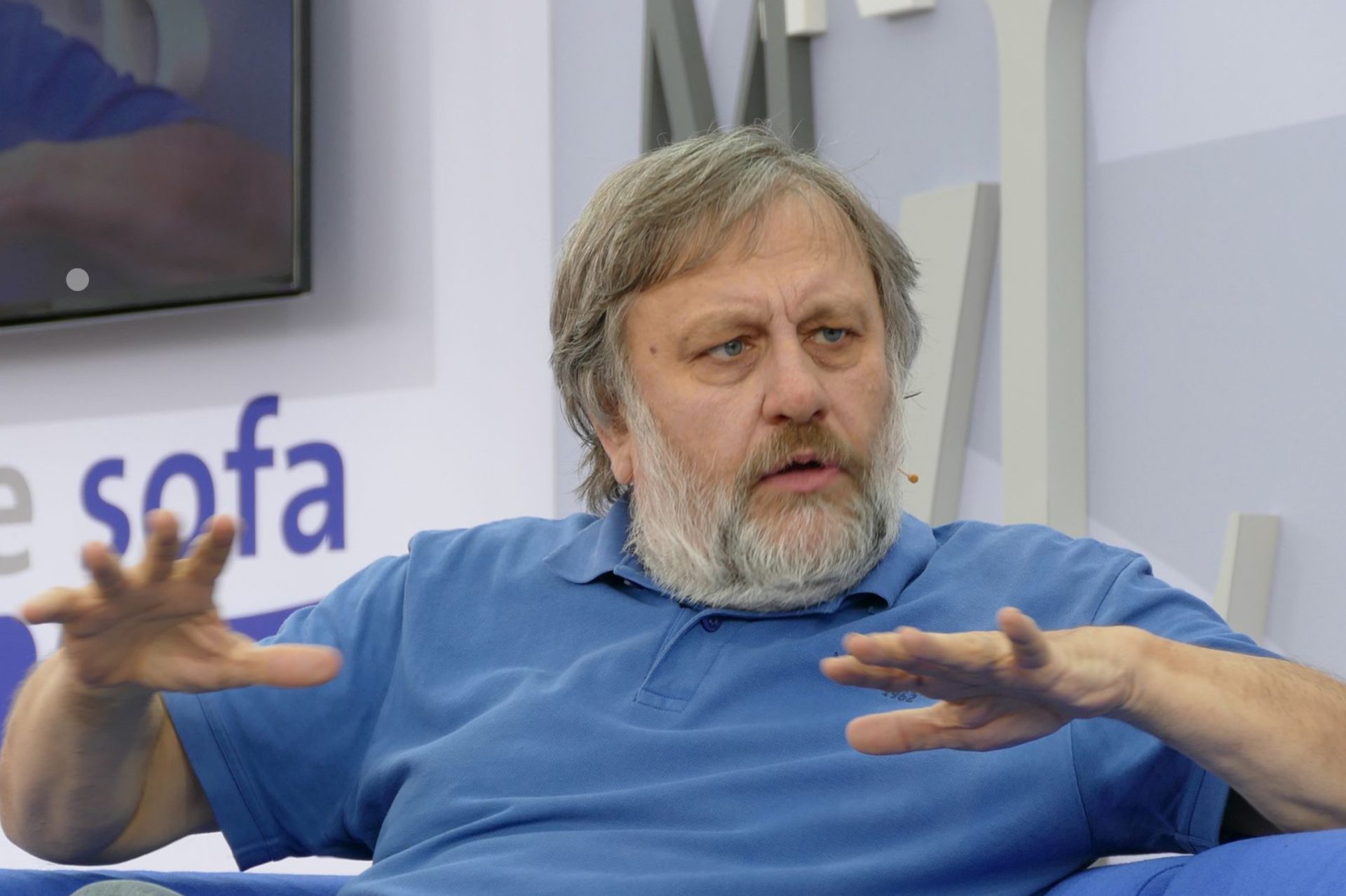‘And what did the twentieth century want with religion, already well worn and threadbare from its journey down the ages…What did we have to replace that merciful, self-sacrificing ideal, long since cast out on the side of the road and laughed out of existence by the exigencies of a ‘realistic’ world view?’
In the 1986 novel The Place of the Skull, the Kyrgyz author-theologian Chingiz Aitmatov asks us to consider what the purpose of Christ is in a ‘realistic’ world, one where even the faithful often stand at an ironic distance away from the visceral reality of God’s own flesh on the cross. The section quoted above ends with the death of Avdiy, an expelled seminary student who is crucified by his drug-peddling companions, not for his belief in God, but rather his ability to take this belief seriously: he rejects an evil (the illegal drug market) because he truly believes that peddling drugs would be an affront to a Creator God who taught people how to live through Christ.
This is the state of affairs that Zizek addresses in his most recent work, Christian Atheism: How to be a Real Materialist. Though he has addressed theology before, Christian Atheism is a theologico-political treatise to which his previous works on the topic are explanatory footnotes. The thrust of the book is to defend what he calls ‘Christian Atheism’ against secularist disavowals of religion, agnostic vagaries, and increasingly popular Western spins on Buddhism and other so-called ‘Eastern spiritualities.’ What I emphasise here, though, is that the book acts to defend, not to explain or justify his theory – namely that atheism is an inevitable consequence of the only ‘universal’ religion (Christianity), the grand narrative in which, for the first and only time, God was reduced to matter, and the flesh won out over the spirit and the logos. To Zizek, it is the idea of the suffering God, and the Pauline community of believers made equal through the grace of the Holy Spirit, that makes Christianity the uniquely universal common ground. As usual, Zizek’s goal is to provoke the reader with a short circuit, taking minor references and thinking points in order to explain a much larger and more complex idea. Which is why, as usual, this book first takes us through poor-quality detective films, memes, obscene sex jokes, the Dalai Lama, quantum mechanics, and ChatGPT- amongst others- in order to illustrate arguments grounded on his own brand of interpreting psychoanalysis through the philosophy of Hegel. For example, his exploration of Christ’s suffering through an M. Night Shyamalan film. This ought not to put anyone off, though; it is precisely in his detours that Zizek manages to ‘short-circuit’ higher intellectual content, bringing out its unexpected implications by using a simpler conceptual apparatus.
Although Zizek’s diversions illuminate the contradictions and unconscious disavowals of the prevailing secular liberal order, the book functions more like a defense of Christian Atheism against a reader who rejects the Christian legacy inherent in today’s secular societies, than an exhortation to be Christian atheists in the first place. While I suspect Zizek would respond to this point with a resounding ‘yes, so what?’ I found myself questioning what relevance his theory has to someone who, for ideological or simply geographical reasons, does not form part of the community of secular believers that he envisions. If Zizek’s secular community is grounded on Paul and the Gospels, where does that leave the billions of humans who maintain their full-fat commitment to a Cause outside that of European secularism? Zizek is not crude enough to simply exclude the rest of the world from what he rightly acknowledges are universally important struggles (economic and environmental justice, women’s rights, modern slavery), yet he seems to miss the fact that it was the notion of Salvation in Christ, and later the Enlightenment Values, that managed to bar the vast majority of the Americas, Africa, and Asia from access to humanity itself. Zizek has, nonetheless, done a good job of showing us how our prevailing Master-Signifier (universal human rights) actually privileges a certain content (Western liberal individualism), excluding others due to their inability to get in line with Europe’s ideological hegemony.
This leaves Zizek, then, in an awkward position. In order to salvage Christian Atheism from the unconscious disavowals of liberalism that he himself criticises, he will need to reconcile his ‘universal’ theology with his acknowledgment of Christian and Christian-Atheist Europe’s continuing dehumanisation of those who are now left to drown at sea for their failure to get on board with secular humanist ideals. Having recently celebrated his 75th birthday, Zizek continues writing and publishing every few months, so hopefully we will see such a reconciliation in a future detour.



